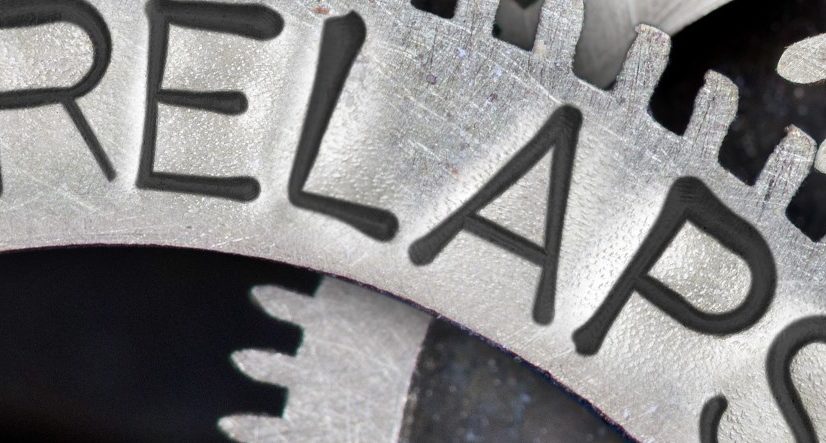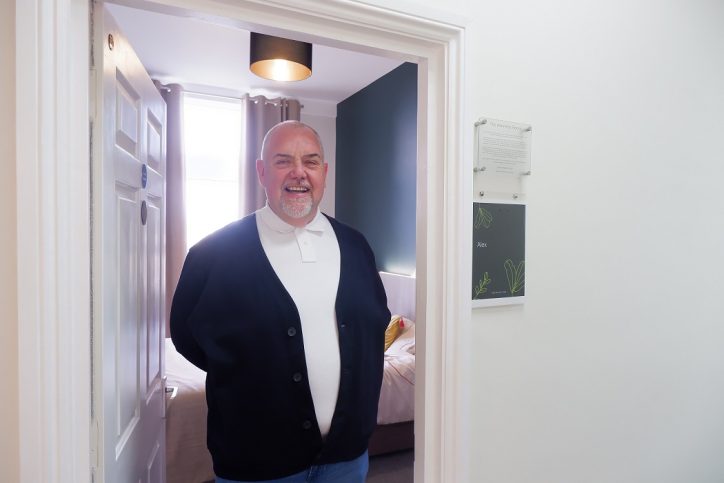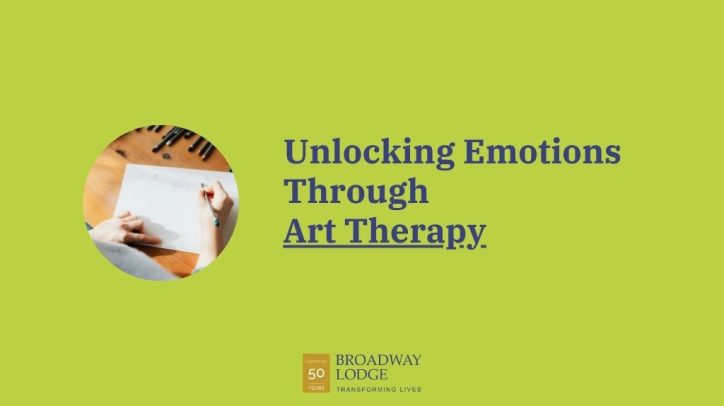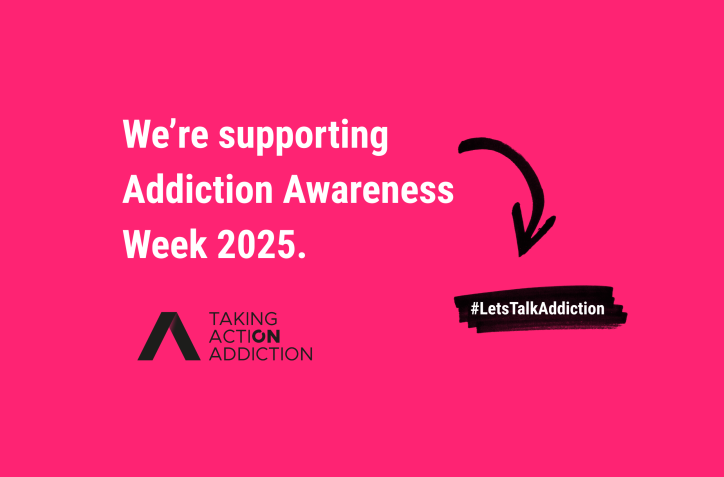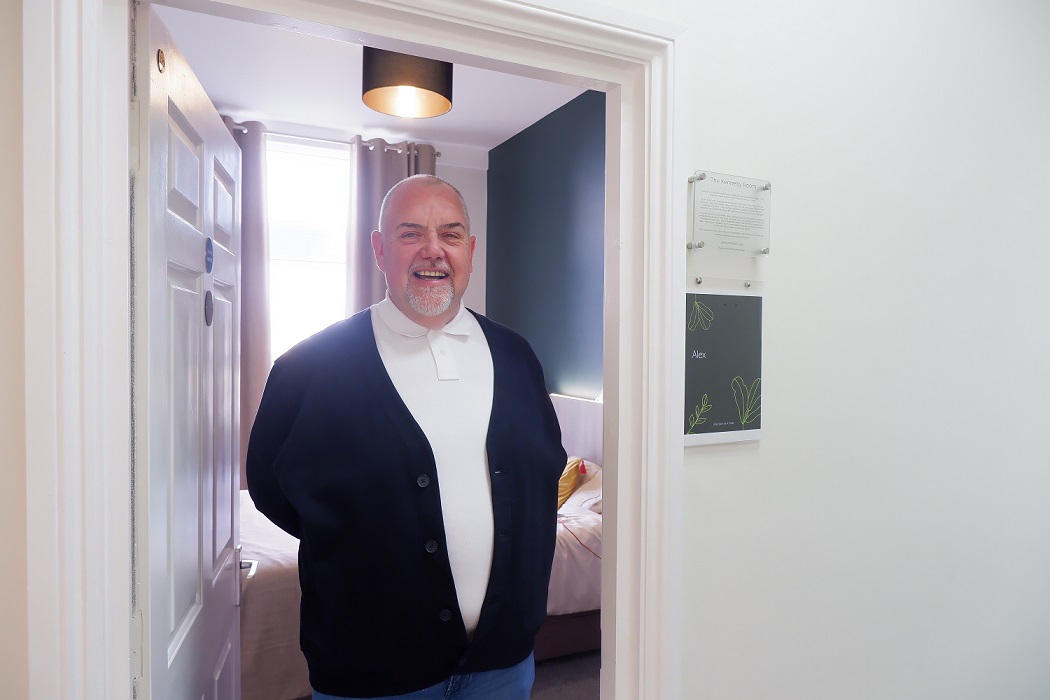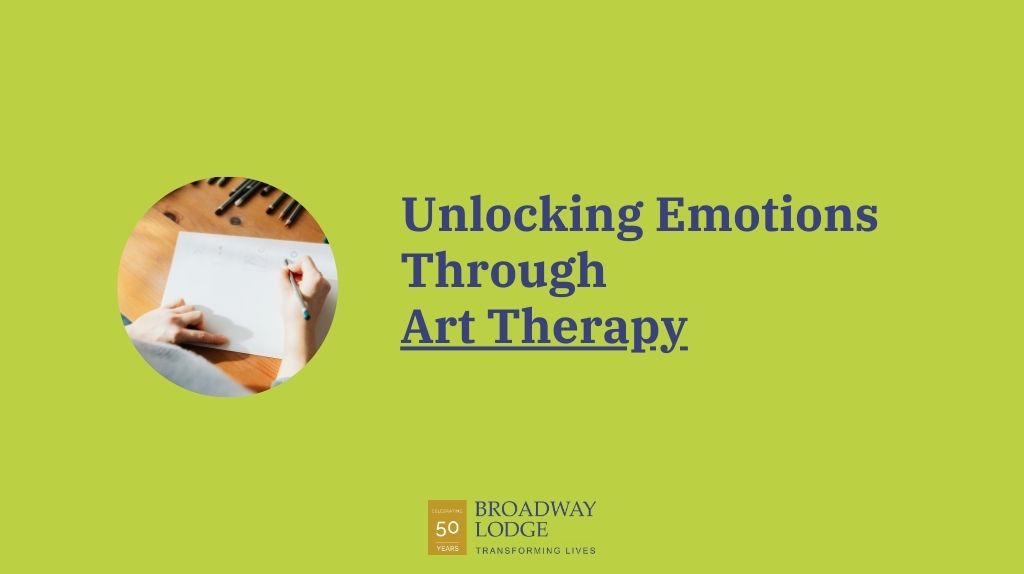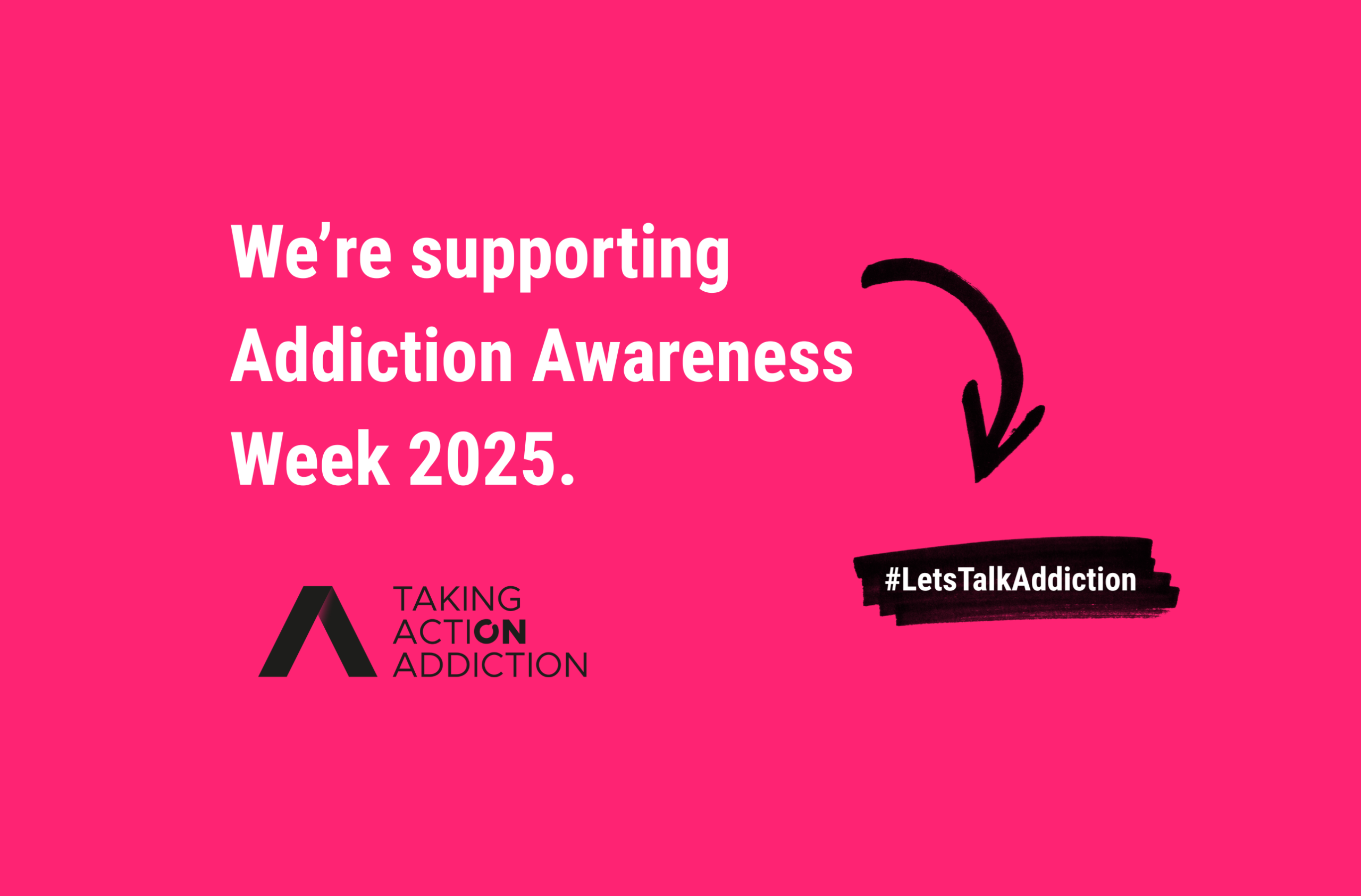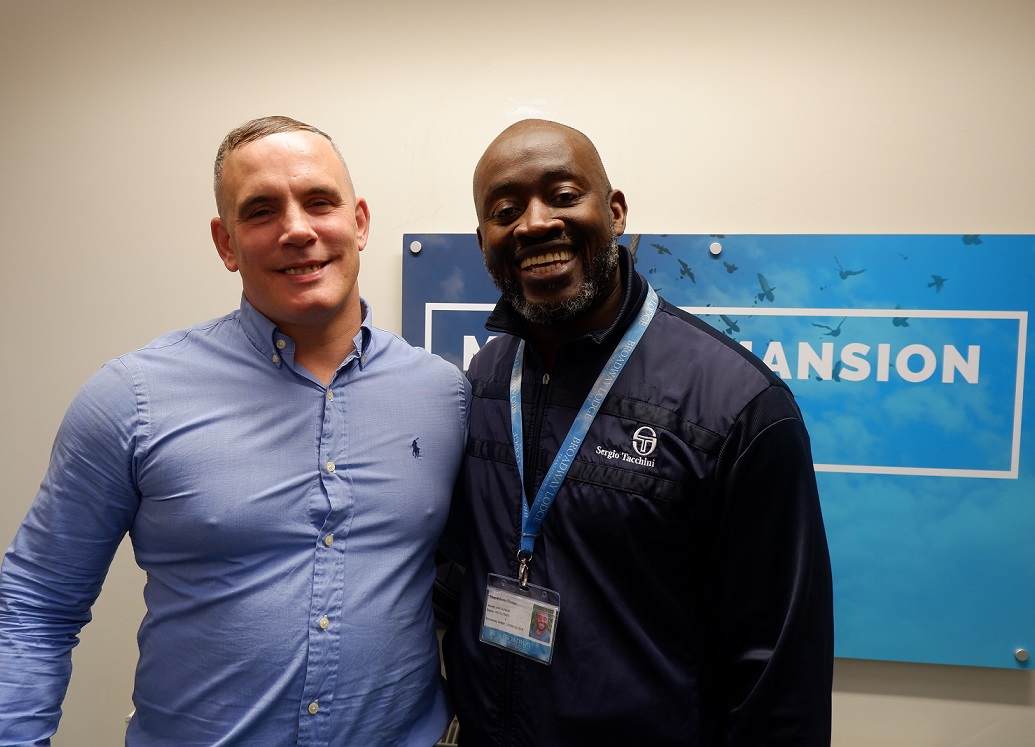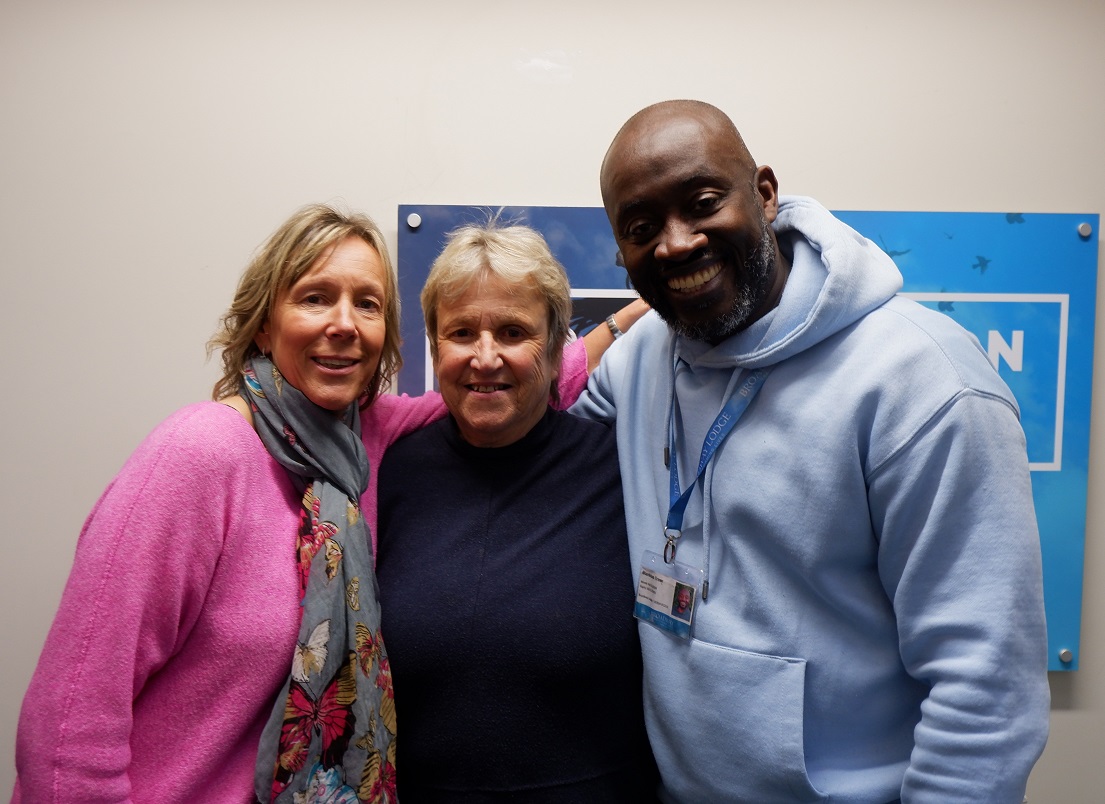Sadly, in this life there is no magic remedy for curing addiction; no pill or injection can be prescribed that wipes out addictive tendencies and ensures a clean life. Instead, recovery is an inside job; it is about working a programme of self-awareness and liberation.
Relapse is never inevitable despite the rhetoric of the media and the substance misuse treatment field that will wrongly insist that addiction is a ‘relapsing condition.’ It is, though, a danger that people in recovery need to be aware of and respect. There are moments in life when a relapse feels inevitable; when it seems to be the only way out of intolerable feelings, but the only effect of a relapse is to make any situation worse. The 12-step programme into which we induct our patients at Broadway Lodge provides a potent alternative to relapse and the hell of addiction. Strategies to accept and process feelings; to recognise and respond to the triggers for addiction, are some of the support mechanisms we teach in treatment so there is never any excuse to return to using/drinking.
At Broadway Lodge, we have helped countless people on the road to recovery, and we understand the range, variety and creativity of thinking that goes into a relapse and precedes the eventual decision to take that first drink or other drug. However, there are some predictable triggers that affect most people in recovery. Join us as we share them below:
Moments of Celebration and Success
We would like to think that happiness and success would be enough to keep us away from the temptation of alcohol and other drugs, but the sad fact is that for many people success is a primary trigger. Those feelings of joy can bring to mind the rare moments of ecstatic pleasure that drug abuse once elicited and lead again to the compulsion to use
Of course, while you do not want to avoid celebrations and success, you do want to remain mindful that losing control can lead to a relapse. If you feel as though a party or a moment is getting out of hand for you, take a break or confide in a trusted friend. Don’t let yourself be ambushed by your addiction.
Relationship Troubles
Whether it be the relationship with your partner, friends, co-workers or family, relationships in our lives can put a significant strain on recovery. Whereas once you may have coped by taking refuge in your addiction, it is important that you now find a new way to deal with these situations using the steps of the recovery programme.
Difficult Days
We all have them; those days in which nothing seems to go right and life feels as though it is a mountain we cannot climb. If you find yourself asking why you even bother, take the time to remember what life was like before recovery and how your drug use damaged not only your own life, but also the lives of your loved ones. This is a good time to go to a fellowship meeting and have your commitment reignited by listening, your feelings expressed by sharing and your situation diluted by identification with others.
Stress
Stress can come to us from any aspect of our life and is, for many people, the number one reason for relapse. Severe stress can make us feel trapped and result in addiction seeming to be an ideal way out when, in reality, it is the opposite.
Take some time to yourself and seek the help of a friend to plot a course through your current predicament, go to a fellowship meeting to renew your batteries, and take step-by-step action to solve your problem – it is the only way to reduce your stress levels.
H.A.L.T
H.A.L.T is the common acronym for Hungry, Angry, Lonely and Tired; four common triggers for relapse. If you are experiencing any of these emotions strongly it is vital that you take steps to solve the issue. While some feelings such as hunger and tiredness have relatively straightforward solutions, anger and loneliness can be tougher to deal with.
We recommend speaking to your sponsor and/or going to a fellowship meeting and sharing with peers or helping a newcomer. It is amazing what a difference practicing the principles of the 12-step programme can achieve when you are feeling angry and/or lonely.
Over-Confidence
Recovery is often spoken of as being a continuous process. Why? Because treating it as though it is a goal that can be achieved is extremely dangerous. One of the biggest issues for those who have been clean and sober for an extended period of time is that they begin to believe they can return to casual drug use.
This over-confidence is a serious threat to sobriety and needs to be avoided at all costs. One drink or drug can propel you back into addiction and make the retrieval of recovery seem an impossible task.
Boredom
Boredom has a habit of quietly infecting the mind and, left alone, can lead to relapse. We use the word wantonly but there is no such thing as boredom; it is simply a discomfort or intolerance of being with oneself without external stimulation. In recovery we need to learn to be quiet; to seek and find the serene places within, beyond boredom, where boredom dissolves and where our true power resides. Recovery is the most exciting journey anyone can make as it leads to the most fulfilling adventure life has to offer; an authentic and loving relationship with our deepest and most profoundly powerful self.

